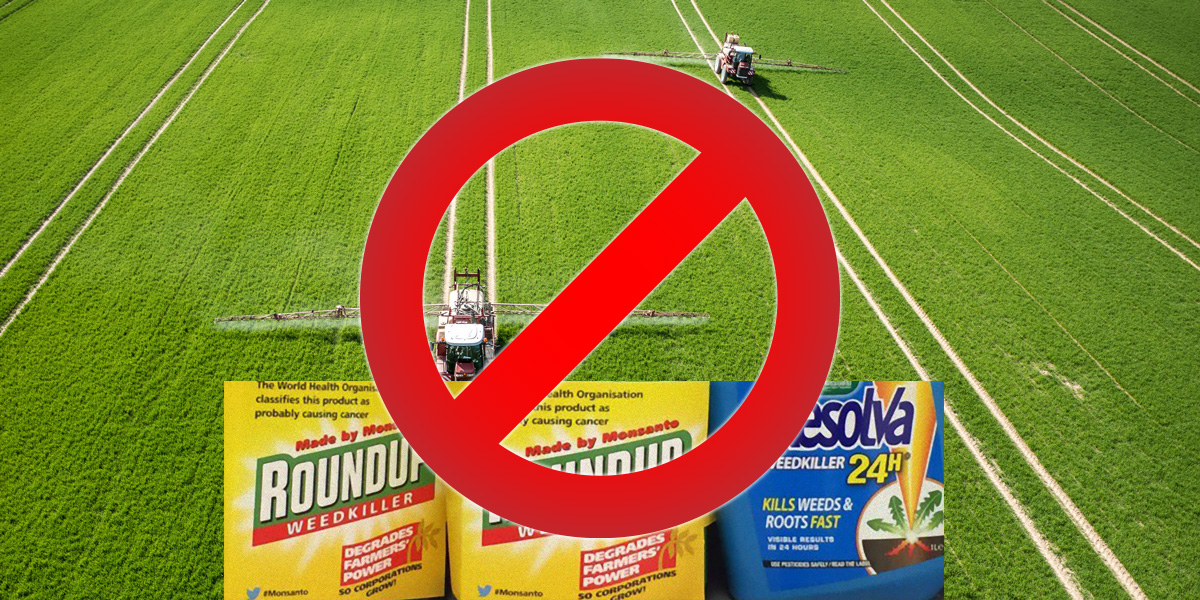
Move allows consumers to take steps to avoid the “probable human carcinogen”
Glyphosate Residue Free certification for US food products has been launched by The Detox Project, in a move that gives consumers a way of avoiding the “probably carcinogenic” chemical.
The development comes just as the US Dept of Agriculture has quietly dropped plans to start testing food for residues of glyphosate.
Glyphosate is the most used pesticide in the world and has the highest public profile of any chemical used in food production. It has been found in a range of popular American food products and in the urine of 93% of people tested by the University of California San Francisco (UCSF).
The revelation from WHO’s International Agency for Research on Cancer (IARC) in 2015 that glyphosate is a “probable human carcinogen” has led to consumers around the world asking for transparency regarding the levels of glyphosate in their food.
Glyphosate Residue Free certification
Henry Rowlands, Director of The Detox Project, said, “Glyphosate Residue Free certification enables food manufacturers to give consumers what they really want – glyphosate residue free food.
“Currently the toxic chemical testing standards for both non-organic and organic food are very weak but we aim to change this by testing food products directly from the shelf – consumers have the right to know what toxic chemicals are in the food they buy at grocery stores across the US.”
To be certified Glyphosate Residue Free, food products must not contain glyphosate or AMPA residues exceeding the limits of laboratory detection (between 0.1 parts per billion (ppb) and 20 ppb, depending on the product), a standard that is tougher or the same as the US Environmental Protection Agency’s Maximum Residue Limits (MRLs).
The Glyphosate Residue Free certification testing program is based on the work of an independent FDA-registered laboratory with over 70 years of analytical experience, Anresco Laboratories. The testing method used is LC-MS/MS (liquid chromatography-tandem mass spectrometry), which is the most reliable method available for glyphosate.
Rowlands said, “We will make sure that the products are tested at least three times a year and we will also make sure that spot checks are performed regularly.”
Consumers want transparent toxic chemical certification
The global success of the Non-GMO food market has shown that consumers are pushing for more and more transparency. Pesticides are even higher on the list of consumers’ concerns than GMOs.
Rowlands said, “The Detox Project is already working with a wide range of food manufacturers and grocery stores in the US to enable consumers to avoid glyphosate and other toxic chemicals in their food. It is time for a shift towards full transparency in the food industry and we aim to help all parties to achieve this.”










